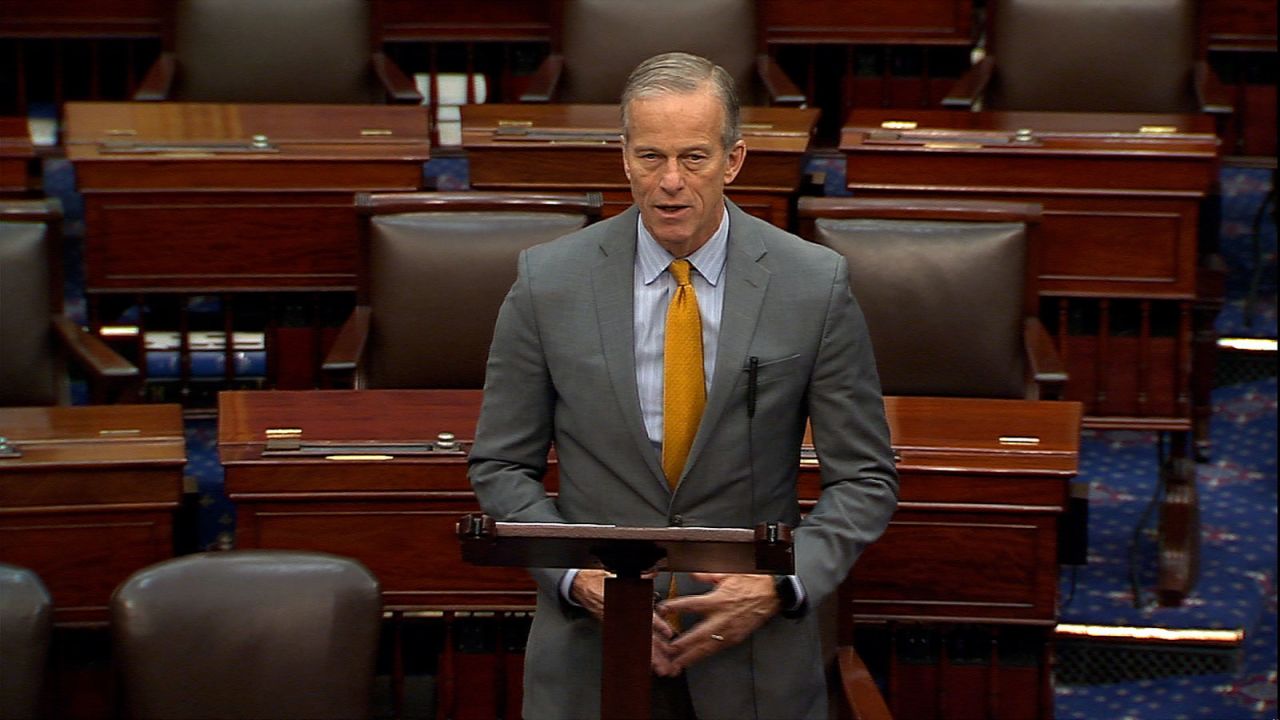Historic Tax Cuts Indicate GOP Priorities
In a move that epitomizes the Republican Party"s unwavering commitment to the wealthy, Senate Republicans narrowly passed a monumental $3.3 trillion tax and spending cuts package on July 1, 2025. This legislation, a brainchild of President Donald Trump, is set to unlock significant tax reductions while simultaneously dismantling essential social safety nets, marking one of the most egregious fiscal policies in recent American history.
Internal Divisions Exposed Within GOP
The passage did not come easily, as GOP leaders faced intense infighting and a struggle to unite their ranks. According to AP News, Senate Majority Leader John Thune and others had to engage in a grueling negotiation process to secure the votes needed. Notably, the intervention of Vice President JD Vance was pivotal, as he cast tie-breaking votes on several critical amendments. The GOP"s need for unity underscores a party increasingly at odds with itself, reflecting a broader disarray that could haunt them in future elections.

January 16, 2025 - Presidential transition news | CNN Politics
Implications for Low-Income Families
This new legislation not only delivers substantial tax cuts primarily benefiting the wealthiest Americans but also extracts funding from vital safety net programs. As reported by The New York Times, the approach of taking from the poor to give to the rich is not merely a fiscal policy but a striking shift in moral values. By significantly cutting food assistance and other forms of support, the GOP aims to bolster national security funding, leaving millions of families vulnerable and exacerbating existing inequalities.
House"s Role in Final Approval
As the bill moves to the House, GOP leadership faces a daunting challenge. House Speaker Mike Johnson and his team are racing against time to secure approval before the July 4 deadline set by Trump. The House, with its narrow margins and divided opinions, may struggle to pass the Senate"s version, especially given the dissatisfaction expressed by numerous members regarding the bill"s content. According to Reuters, House leaders have previously indicated that they would have preferred adopting the original House version, highlighting the internal strife and lack of consensus within Republican ranks.

Vice President JD Vance: See his career in photos
Potential Long-Term Consequences
This sweeping legislation signals a troubling trend in American governance—a prioritization of fiscal conservatism over human welfare. By pushing through a package that disproportionately favors the affluent while dismantling critical social programs, the GOP is not just advancing an agenda; they are fundamentally reshaping the social contract in the United States. The long-term implications for low-income families and marginalized communities could be devastating, further entrenching systemic inequities in the fabric of American society.







![[Video] Gunfire between Iraqi security forces and Sadr militias in Baghdad](/_next/image?url=%2Fapi%2Fimage%2Fthumbnails%2Fthumbnail-1768343508874-4redb-thumbnail.jpg&w=3840&q=75)
